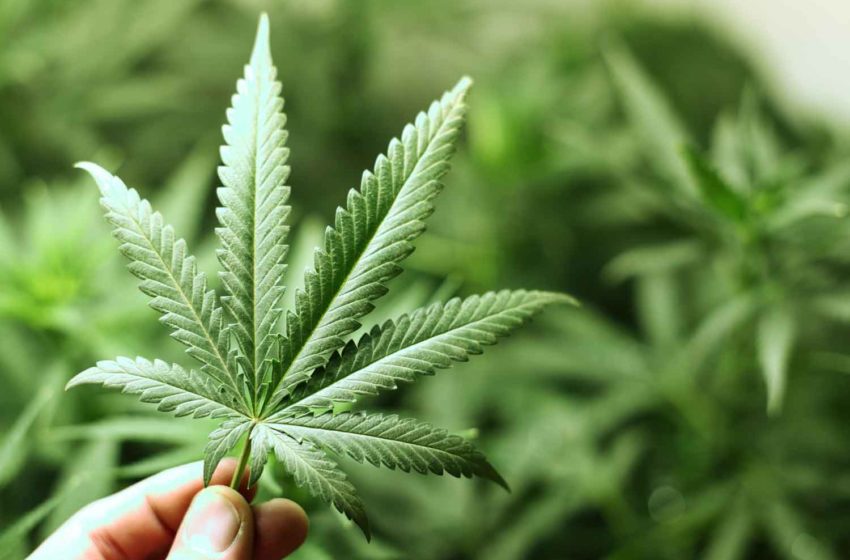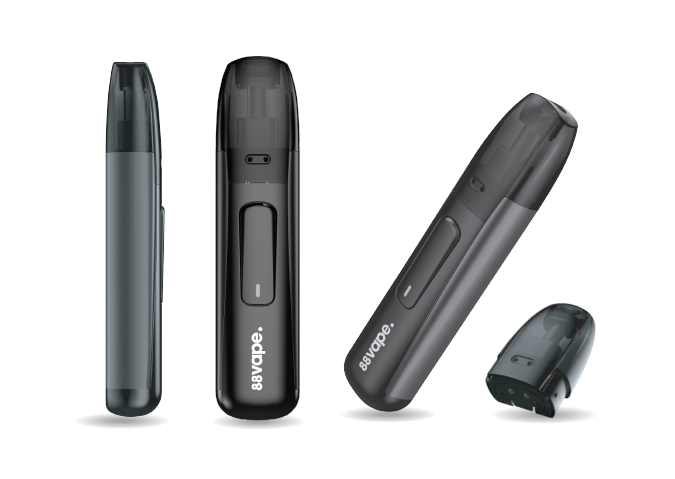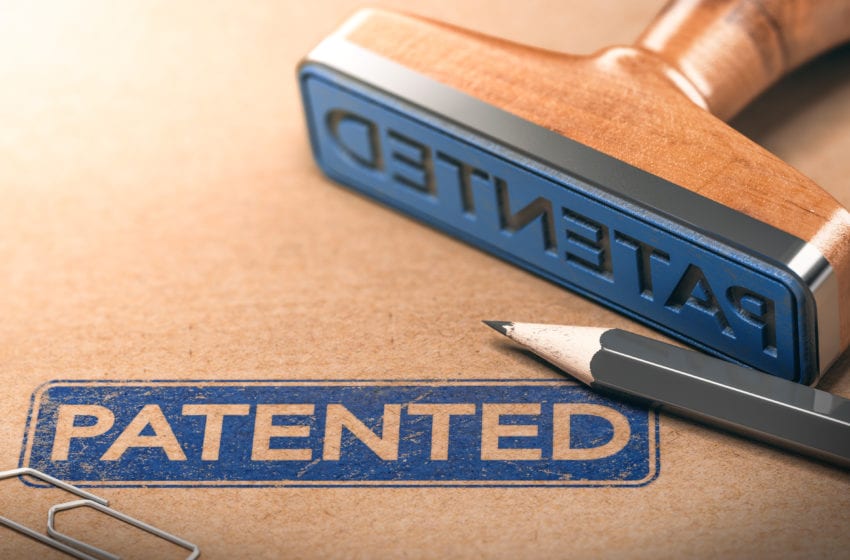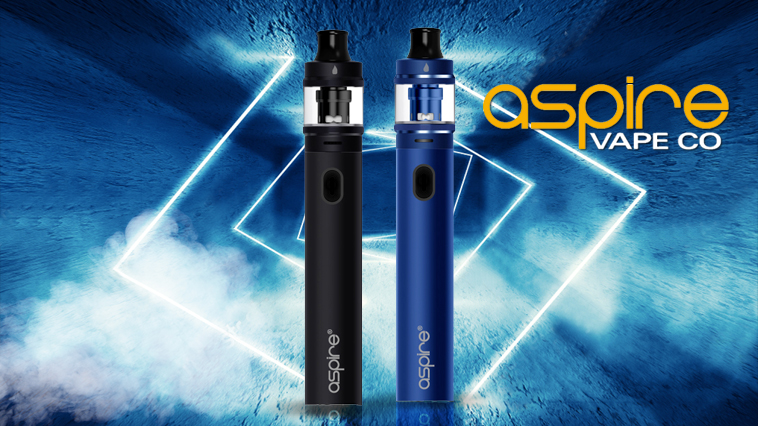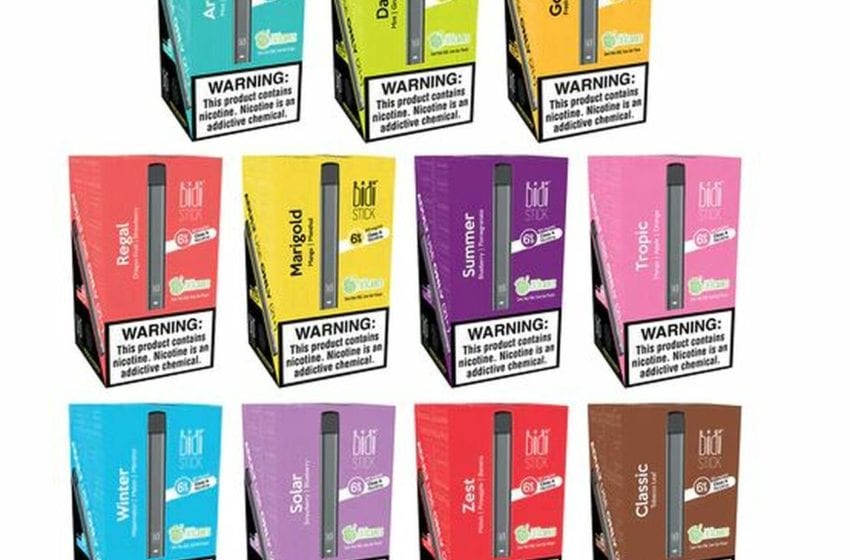
BAT’s Vuse e-cigarette celebrated its position as the first global carbon neutral vape brand with a carbon neutral voyage down the Thames in London, home of BAT’s global headquarters.
The event was organized to underscore Vuse’s commitment to carbon neutrality and its various supporting initiatives. For instance, in utilizing substantial sea freight as part of its global supply chain, BAT aims to move the majority of Vuse’s global shipments by sea freight by the end of next year.
“I am proud of the way that Vuse is playing its part in delivering A Better Tomorrow by reducing its impact on the environment,” said Kingsley Wheaton, chief marketing officer at BAT, in a statement.
“Vuse is a leading global brand with ever-increasing scale, which allows us to drive global supply chain efficiencies and effectiveness. I am delighted that, in Vuse, we are demonstrating the kind of purposeful behavior expected from leading brands of the world. This commitment will play a part in our vision of A Better Tomorrow becoming a reality.”
Research conducted on behalf of BAT’s R.J. Reynolds Vapor Co. subsidiary found that nearly half (46 percent) of consumers said they would prefer using a vapor product from a company that was successful in becoming carbon neutral. A brand’s environmental priorities and impact are increasingly important to consumers in considering their purchasing choices, with nearly a third of consumers broadly viewing a brand more favorably based on their environmental initiatives, according to Reynolds.
Vuse’s carbon neutrality status and ambition to increase sea freight is part of BAT’s bigger ambition to become an environmentally sustainable vape brand with initiatives including:
- An ambition to transport the majority of international shipments by sea by the end of 2022 and 100 percent of its consumable pods by end of 2023.
- A global device and pod collection scheme; through the “Drop the Pod” campaign, approximately 200,000 pods were collected since the start of the pilot in 2020
- Cutting single use plastics from packaging. The “Cut the Wrap” campaign has saved 100 tons of plastic or the equivalent of four million plastic bottles in 20202
BAT’s sustainability efforts and commitment have received notable independent recognition. These include inclusion in the Dow Jones Sustainability Indices for 19 consecutive years (the only tobacco company to be listed in the prestigious World Index in 2020), a MSCI rating of BBB and CDP A List status for climate change.


